There are two ways to live your life: one is as though nothing is a miracle, the other is as though everything is a miracle.
– Albert Einstein
This week takes me back to the rat, the brain that dictates all we do, and the choices we make along our road toward happiness or wherever we’re headed.
You might remember the super-MOOC [massive open online course] Understanding the Brain: The Neurology of Everyday Life I signed up for back in April: Dr. Peggy Mason, professor of neuroscience at the University of Chicago, teaches this 10-week course.
After a 25-year focus on the cellular mechanisms of pain modulation (how does morphine work?), she now focuses on the biological basis of empathy. Some current research looks at “empathy in rats.” Watch this short video to see one of her experiments!
In her findings, it appears that a rat will choose to free another rat from captivity before choosing to eat a yummy treat. In other words, the rat empathizes with his comrade and helps relieve this other rat’s seeming misery before feeding himself chocolate and butterscotch.
Often, we humans think we’re quite different from others life, Continue reading “Happiness & the Rat: More Similar Than We Might Think”
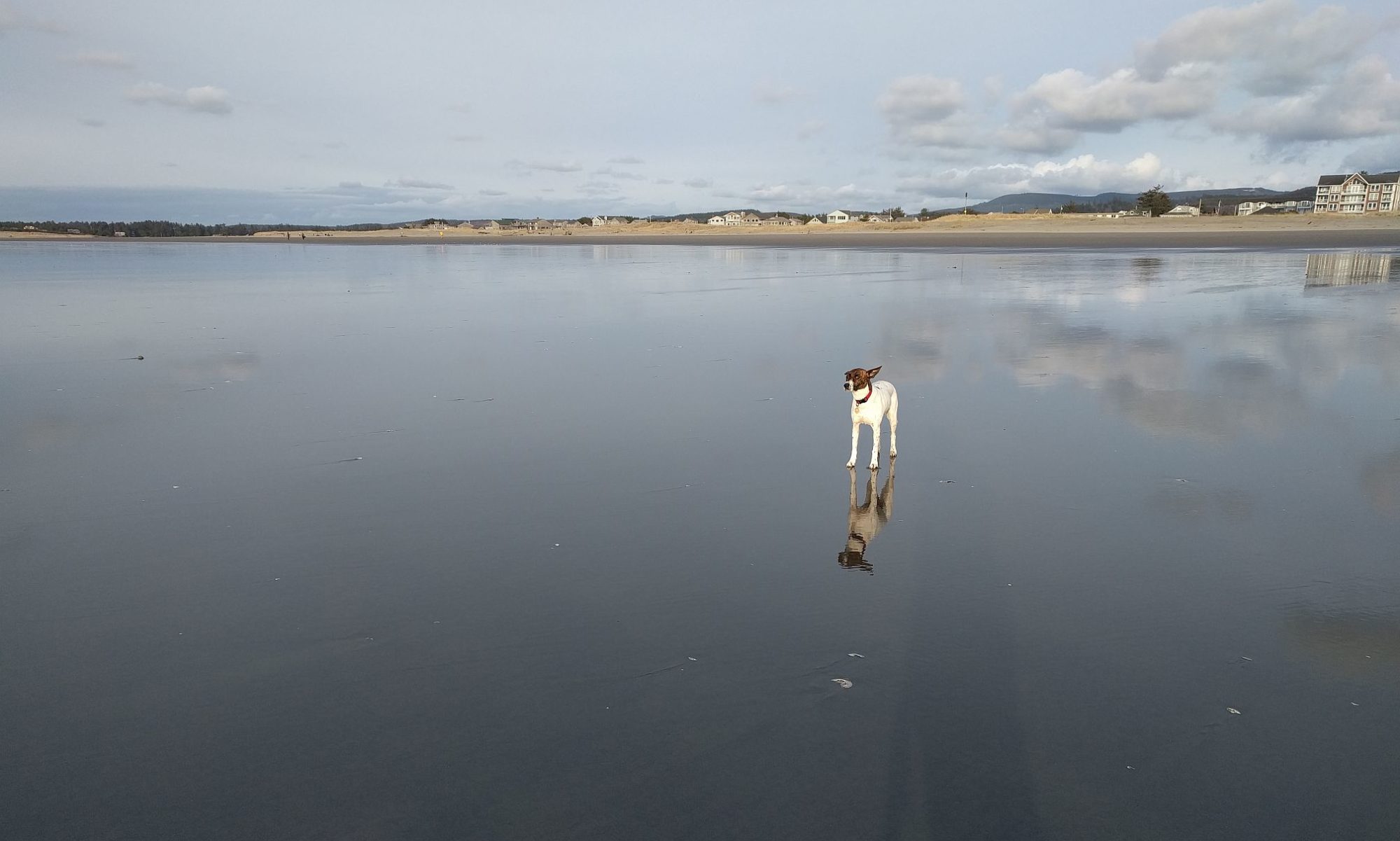

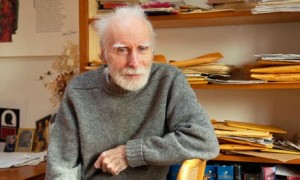
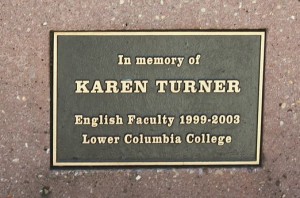
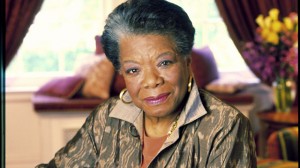
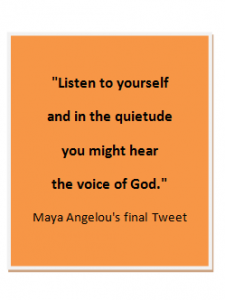 civilian can receive and a “thank you for inspiring people of the world to be more compassionate, loving, and to act from their best selves,” according to a
civilian can receive and a “thank you for inspiring people of the world to be more compassionate, loving, and to act from their best selves,” according to a